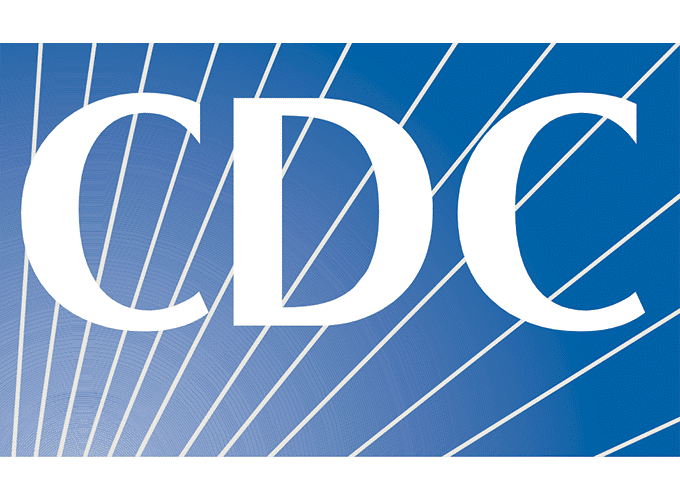
Share Your Expertise at the NCCHC Spring Conference on Correctional Health Care
Help shape the future of correctional health care.
Home ACP Calls for Improved Correctional Health Care Access and Quality
 Jan 12, 2023
Jan 12, 2023In a new position paper, NCCHC supporting organization the American College of Physicians spells out its commitment to supporting the health needs of incarcerated individuals and eliminating health disparities for that uniquely vulnerable population.
Recently published in the Annals of Internal Medicine, Health Care During Incarceration: A Policy Position Paper of the American College of Physicians offers recommendations to policymakers and administrators to improve the health and well-being of adults incarcerated in correctional facilities.
“Health equity has become a high priority for ACP, but until now those efforts have been centered on health in the community setting,” said Newton Kendig, MD, ACP’s liaison to the NCCHC Board of Representatives and the position paper’s main author. “The COVID pandemic really shined a light on needs within correctional facilities and focused attention on health equity for the incarcerated.”
Dr. Kendig relied heavily on his knowledge of NCCHC’s Standards and position statements in drafting the paper. “NCCHC has a long history of collaborating with national organizations representing health care, mental health, law, and corrections, and this paper is just one example of how fruitful those relationships are in advancing correctional health care quality,” he said.
Formerly medical director for the Federal Bureau of Prisons and assistant director for its health services division, Dr. Kendig is now a clinical professor of medicine at George Washington University in Washington, DC, where he specializes in criminal justice and public health.
ACP’s recommendations emphasize the need for “policymakers and administrators to adopt adequately funded polices and procedures” in a number of key areas to ensure timely access to necessary health care services that are evidence-based and meet community standards.
Dr. Kendig explains that the term “adequately funded” was included to stress that “more than policies and procedures are called for; we also need funding.”
The recommendations in the paper specifically outline positions related to clinician engagement; administration (including a recommendation to pursue health care accreditation from a national body such as NCCHC); nutrition, physical activity, and preventive health care; chronic noncommunicable diseases; infectious diseases; substance use disorders; behavioral health care; women’s health care; LGBTQ+ patient care; aging patients and those living with disabilities and life-limiting illnesses; immigrant populations; and community reentry planning. The paper details how health care needs must be included in community reentry planning for individuals who are released from jail or prison, so that they are able to continue to access health care and social services once they return to their communities. ACP specifically makes recommendations for policies that would help to facilitate or reinstate state Medicaid enrollment.
“Incarceration can negatively affect the health and well-being of millions of patients, their families and communities across America,” said ACP President Ryan D. Mire, MD. “As a society, we need to fund and implement public policies that ensure access to medically necessary health care services during incarceration. ACP recognizes the vital importance of correctional health care toward achieving health equity for all and promoting the public health of our communities.”
ACP is one of the country’s premier primary care associations, along with NCCHC supporting organizations the American Academy of Family Physicians and the American College of Obstetricians and Gynecologists.
Read Health Care During Incarceration: A Policy Position Paper of the American College of Physicians here.


